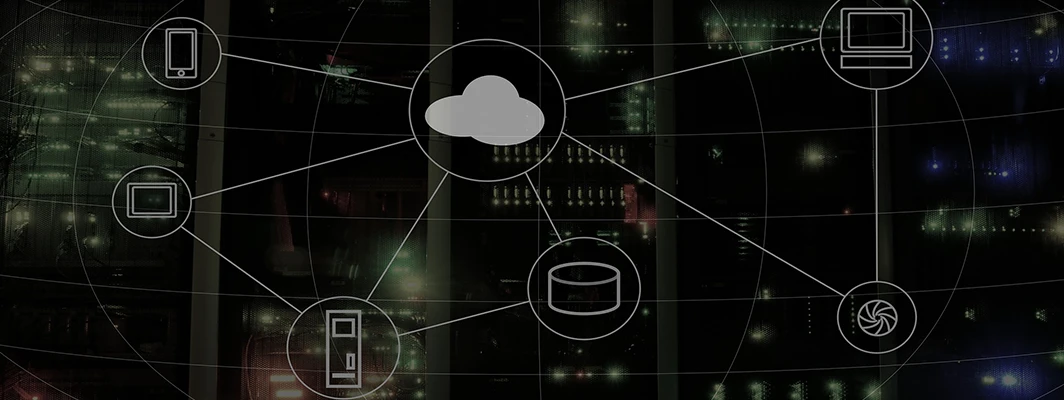
In today’s digital age, businesses rely on technology more than ever before. For some, without it, they might not even have a business. From cloud computing to mobile devices to software applications, technology has become an integral part of day-to-day operations for many companies.
However, as small and medium-sized enterprises (SMEs) become increasingly reliant on technology to carry out day-to-day operations, the risk of cyber attacks also grows. It’s estimated that a small business is hacked every 19 seconds in the UK. We understand the importance of being proactive to prevent and protect your business which is why we’ve put together six steps that SMEs can take to safeguard themselves from cyber attacks:
Train employees on best practices:
One of the most common ways cybercriminals gain access to a company’s network is by exploiting employee vulnerabilities. This could mean something as simple as an employee clicking on a phishing link in an email, downloading a dodgy file from the web or using weak passwords. By providing regular cybersecurity training to all employees, SMEs can help their workforce become more aware of these risks and better equipped to avoid them.
Implement two-factor authentication:
Two-factor authentication prevents cyber attacks by adding an extra layer of security beyond just a password. A user must provide a second form of authentication, such as a code sent to their phone or generated by an authentication app, in addition to their password to gain access to their account.
This extra step makes it much more difficult for cyber attackers to gain unauthorised access to user accounts. Two-factor authentication can prevent a wide range of cyber attacks, including password guessing, brute force attacks, and phishing attacks, which are some of the most common methods used by cybercriminals to gain access to user accounts.
Use strong passwords and password managers:
Weak passwords are one of the easiest ways for cybercriminals to gain access to a company’s network. Password123 just doesn’t cut it. Understandably, it needs to be something people can remember, but it also needs to be strong and secure. You should encourage employees to use strong passwords that include a mix of letters, numbers, and symbols. Likewise using a password manager can help ensure that employees are not reusing passwords across multiple accounts.

Regularly update software and systems:
Software vulnerabilities can often be exploited by cybercriminals, which is why it is crucial for SMEs to keep all software and systems up to date with the latest security patches. This includes not only operating systems and applications but also firmware for devices such as routers and printers.
It’s important to keep track of what software and systems you have in your business alongside which one’s you regularly use. It may seem like a task on your to-do list that keeps on getting pushed down the priority list, but the impact of not staying on top of it can be critical. There is potential that as you grow as a business, the number of systems or pieces of software you use will also grow meaning that it can be more difficult to make the regular updates required, in turn providing more opportunities for cyber attacks.

Backup data regularly:
In the event of a cyber-attack, having a recent backup of important data can help SMEs quickly recover and minimize downtime. Backups also provide an added layer of protection against ransomware attacks, which can encrypt important data and demand payment for its release. By regularly backing up data, businesses can reduce the risk of losing sensitive information and reduce the financial and reputational damage caused by a cyber attack.
Partner with a trusted IT security provider:
For many SMEs, there are 101 things to do to keep the business moving and adding IT security to that list can seem overwhelming. That’s why often the best way to ensure comprehensive cyber security is to partner with a trusted IT security provider. By taking this approach, SMEs can benefit from the provider’s expertise and experience, as well as access to the latest security technologies and tools. This can help to minimise the risk of cyber-attacks and protect the business from potentially devastating consequences.
These providers can offer a range of services, from vulnerability assessments and threat monitoring to incident response and disaster recovery planning. In addition, partnering with an IT security provider can help SMEs to stay up to date with evolving cyber threats and security best practices, ensuring that they are always one step ahead of potential attackers.
How strong is your cyber security?
Cyber attacks are a growing threat that cannot be ignored. The risk of doing so isn’t just negligent but incredibly dangerous for the present and future of your business. By implementing the above measures, you can significantly reduce the risk of falling victim to a cyber attack.
At Express IT, we can help with this. Whether you need some support or the whole package, we’re here for you. We pride ourselves on being proactive to help you prepare in avoiding these dangers but also being on hand immediately if the worst does happen to ensure you get back up and running as soon as possible. Get in touch with us today to ensure your cyber security is up to scratch.



